Became a naturalized United States citizen in 1947, just before he was "gray-listed" for his association with Communists such as screenwriter John Howard Lawson and what were termed "fellow travelers", though he himself was never called before the House Un-American Activities Committee. When warned of his gray-listing by 20th Century-Fox boss Darryl F. Zanuck (a liberal), Quinn decided to go on the Broadway stage where there was no blacklist rather than go through the process of refuting the suspicions.
He had to shave his hair for The Magus (1968). He had an insurance policy against the risk that it might not grow back.
Lived in Bristol, Rhode Island, and befriended controversial Providence mayor Buddy Cianci. Quinn was posthumously inducted into the Rhode Island Heritage Hall of Fame in 2015.
Before he launched his acting career, Quinn worked odd jobs as a butcher, a boxer, street corner preacher and a slaughterhouse worker. He also won a scholarship to study architecture with Frank Lloyd Wright, with whom he developed a close relationship.
Won his second Oscar for a movie in which he only appeared on screen for a total of 23 minutes and 40 seconds.
Brother-in-law of screenwriter Martin Goldsmith.
Anthony Quinn was born in Chihuahua, Mexico, in 1915, during the Mexican revolution, in which his father was allegedly a soldier in the army of Mexican revolutionary Pancho Villa. After the revolution, the family moved to Los Angeles, California, where Quinn's father eventually secured a job as a cameraman at Selig Film Studios. Quinn often accompanied his father to work, and became acquainted with such stars as Tom Mix and John Barrymore, with whom he kept up the friendship into adulthood. Quinn's first job in Hollywood was tending animals at the Selig Studio. Quinn's father died when Anthony was 9 years old. He grew up in East Los Angeles, shining shoes and selling newspapers. For extra cash, he entered dance contests and sold the statues he won.
In 1991 he was scheduled to appear in David Lean's adaptation of Joseph Conrad's Nostromo, but Lean's death in April 1991 brought the production to an end.
Was nominated for Broadway's 1961 Tony Award as Best Actor (Dramatic) for Becket.
Around 1972, he announced his desire to play Henry Cristophe, the 19th-century emperor of Haiti. Upon this announcement, several prominent black actors, including Ossie Davis and Ellen Holly, stated that they were opposed to a "white man" playing "black". Davis stated, "My black children need black heroes on which to model their behavior. Henry Cristophe is an authentic black hero. Tony, for all my admiration of him as a talent, will do himself and my children a great disservice if he encourages them to believe that only a white man, and Tony is white to my children, is capable of playing a black hero.".
Studied acting with Stella Adler and Michael Chekhov.
According to Joseph McBride's Searching for John Ford (St. Martin's Press, 2001 - ISBN 0312242328), director John Ford was urged to cast Richard Boone and Quinn as the Little Wolf and Dull Knife characters in Cheyenne Autumn (1964), as both allegedly had Native American blood. Ricardo Montalban and Gilbert Roland, who were of Mexican ancestry, were cast instead.
In later years, he would recount how, while growing up in Echo Park, young Chicano toughs would come over to his house to enlist his help in brawling with the Irish gangs, and that later in the same day, young Irish bruisers would visit him to enlist his services in fighting the Mexicans. He would always beg off choosing sides by having his mother chase the young delinquents out of her house, after which he would resume one of his favorite pastimes, drafting and drawing.
Ex-father-in-law of Lauren Holly and Melissa Quinn.
He was one of the few actors to move easily and successfully between starring and supporting roles throughout his career. In both categories, the Irish-Mexican Quinn played a vast array of characters and ethnicities, including American, Arab, Basque, Chinese, English, French, Greek, Hawaiian, Hebrew, Hun, Irish, Italian, Mexican, Mongol, Native American, Filipino, Portuguese, Spaniard and Ukrainian.
Donated blood to John Barrymore whenever the older actor needed a transfusion.
Underwent quadruple heart bypass surgery in February 1990.
Was very fond of Keanu Reeves. They became friends during the filming of A Walk in the Clouds (1995).
Was good friends with actress Maureen O'Hara, they starred together six times. The films are The Black Swan (1942), Buffalo Bill (1944), Sinbad, the Sailor (1947), Against All Flags (1952), The Magnificent Matador (1955) and Only the Lonely (1991).
Had appeared with Irene Papas in seven films starting as far back as 1954. The films are Attila (1954),The Guns of Navarone (1961), Zorba the Greek (1964), A Dream of Kings (1969), the Mexican produced, Spanish languaged and filmed in Rome short film El asesinato de Julio César (1972), The Message (1976) and The Lion of the Desert (1980).
He was awarded a Star on the Hollywood Walk of Fame at 6251 Hollywood Boulevard in Hollywood, California on February 8, 1960.
"The Mighty Quinn (Quinn the Eskimo)", a Bob Dylan song which was popularized by Manfred Mann's Earth Band, was based on Quinn's character in The Savage Innocents (1960).
Starred in four Oscar Best Picture nominees: The Ox-Bow Incident (1943), The Guns of Navarone (1961), Lawrence of Arabia (1962) and Zorba the Greek (1964). Lawrence of Arabia is the only winner.
On August 26, 2018, he was honored with a day of his film work during the TCM Summer Under The Stars.
Maintained a friendship with Pancho Villa's widow, Doña María Luz Corral, with whom Quinn frequently visited at her home in Chihuahua City, La Casa de Villa (later the Historical Museum of the Revolution) and provided economic support through the years. A photo of Quinn and Corral hangs in the museum.
In Quinn's 1972 autobiography, "The Original Sin: A Self-portrait by Anthony Quinn", he denied being the son of an "Irish adventurer" and attributed that tale to Hollywood publicists.
Quinn was outspoken on social issues and, at one point, considered running for Governor of California until labor leader Cesar Chavez told him he was more valuable as an actor than in politics.
Appeared on Broadway in "Becket" with Laurence Olivier, and in "A Streetcar Named Desire" in New York and Chicago and on tour.
He owned a suit of armor give to him by John Barrymore who wore it in "Richard III".
Appeared in five films that have been selected for the National Film Registry by the Library of Congress as being "culturally, historically or aesthetically" significant: Daughter of Shanghai (1937), Road to Morocco (1942), The Ox-Bow Incident (1943), Lawrence of Arabia (1962) and King: A Filmed Record... Montgomery to Memphis (1969).
Has made over 100 films.
Had homes in Rome and New York.
He paints, sculpts and doesn't like the colour violet.
Used to be friends with Jackie Onassis but since making the film "Greek Tycoon" she hasn't spoken to him despite the fact that when Onassis was alive he said for Quinn to do the film.
He admitted he never felt accepted in Mexico because of his surname.
He was being treated for lung cancer at the time of his death.
He dropped out of high school, but was given an honorary high school diploma in June 1987.
Like Charlie Chaplin and Steve Martin, Quinn was one of very few celebrities to have children very late in life. He was 78 years old when a son was born in 1993, and 81 years old when his youngest son was born in 1996.
While filming the movie in the south of Brazil in 1998, it was reported on many media outlets that Anthony Quinn wanted to adopt Maria Rosa da Silva, an 11-year-old local girl he met while signing autographs. Quinn claimed that they lived together on a past life (which also relates with the movie's theme about reincarnation) and he said he'd pay for her studies while living abroad. The girl's mother didn't decline the offer since she didn't want her daughter to live in the poor fisherman community where they lived and Quinn even left his phone number to be reached. The contact between the girl's family and the actor was never made after the filming resumed and Quinn would die a couple of years later.
He along with Peter Ustinov. Shelley Winters and Jason Robards all won 2 Best Supporting Actor Oscars each.
Personal Quotes (47)
In Europe, an actor is an artist. In Hollywood, if he isn't working, he's a bum.
[when asked about his ethnicity] It doesn't make a difference as long as I'm a person in the world.
I never get the girl. I wind up with a country instead. They said all I was good for was playing Indians.
I can't retire. I mean, I started working when I was a year and a half old, and I worked all my life.
[In the 1980s] I don't see many men today. I see a lot of guys running around on television with small waists, but I don't see many men.
I never satisfied that kid [referring to himself], but I think he and I have made a deal now. It's like climbing a mountain. I didn't take him up Mount Everest, but I took him up Mount Whitney. And I think that's not bad.
I have lived in a flurry of images, but I will go out in a freeze frame.
[on Ingrid Bergman] I reckon there wasn't a man who came within a mile of her who didn't fall in love with her.
[on Marlon Brando] I admire Marlon's talent, but I don't envy the pain that created it.
[on Marilyn Monroe] An empty-headed blonde with a fat rear. Oh, Monroe was pretty enough to look at, but there were hundreds of better-looking actresses poking around Hollywood. Even after she hit the big time, with Gentlemen Prefer Blondes (1953), I never could see what all the fuss was about.
[on Zorba the Greek (1964)] Nobody wanted to do this role. Burl Ives and Burt Lancaster turned it down. They said "Who cares about an old man making love to a broken-down old broad?".
[In 1962] Ten years ago, there wasn't an actor who didn't envy Brando. He was superb. His potential was enormous. But what happened? He went out to Hollywood, and instead of fighting giants, he fought pygmies. He stopped growing. He threw his potential away.
[on Spencer Tracy] Spencer Tracy's a dangerous actor. You never know what he's going to do. He's one of the few actors you can never steal a scene from. He and Olivier and Jean Gabin.
When I was just starting in movies, I got a reputation for being a scene stealer. Once I was in a film with a famous star and had to stand behind him in one scene. "Now watch that Quinn," this star told the director, "I don't want him stealing the scene behind my back." The director parked me in a chair and I just sat there. Next day, when we were looking at the rushes, the star said "See, I told you! Look at him!" The director exclaimed: "But he's only sitting there!" "Only," rejoined the star, "Maybe so, but he's thinking!".
[on Marlon Brando] We forget how he revolutionized acting. Look at the chances he takes - think of all the stars who drift along playing themselves.
[In 1996] The painter leaves his mark. And I just put in two statues in Rhode Island that I'm working on. And I think that's going to make me last longer than me. I mean, who remembers "Zorba"? Nobody remembers "Zorba". Nobody remembers "Requiem for a Heavyweight".
One of the reasons I did all the Greeks and Arab parts I did was because I was trying to identify myself as a man of the world. I lived in Greece, in France, Iran and all over the world, Spain, trying to find a niche where I would finally be accepted.
My mother and father were both young kids fighting in the revolution, and we always lived a Mexican life, even when we moved to Texas. But to be Mexicans with the name of Quinn, that was not a nice thing to do. If your name isn't Gonzalez or Montoya or whatever, they just don't acknowledge you as a Mexican.
I think I'm lucky. I was born with very little talent but great drive.
I am of the opinion - and I'm not afraid to say it - that men are slightly lost today. They don't know where in the hell they are with this women's liberation. A man is responsibility. I think that's what I represent: responsibility.
The size of the actor makes a difference. I'm six feet two and I look at life a lot different from a man who is five feet three or ten.
The parts dried up as I reached my 60th birthday, loosely coinciding with my growing disinclination to pursue them. Indeed, I could not see the point in playing old men on screen when I rejected the role for myself.
I held out my arms, in a traditional Greek stance, and shuffled along the sands. Soon Alan Bates picked up on the move ... We were born-again Greeks, joyously celebrating life. We had no idea what we were doing, but it felt right, and good.
[on "The Brave Bulls" (1951)] The supporting cast was entirely Mexican, and I was thrilled to be in such company. After so many years as the token Latin on the set, I found tremendous security in numbers. For the first time, I belonged.
It took the faith of 750 million Muslims to restore my faith in myself.
[on his early film roles] I was the bad guy's bad guy. I rarely made it to the final reel without being dispatched by a gun or a knife or a length of twine, typically administered by a rival hood.
Some days, I paint like an Indian. Some days, I paint like a Mexican ... I steal from everybody - Picasso, Kandinsky ... I steal, but only from the best.
Probably it's the Irish in me that makes me speak out. But there are about 800 boys in my profession who have a political ideal and want to express it. How can an actor be real in his work if he hasn't some convictions regarding the problems in the world around him?
Funny thing, you know, one of my favorite characters in all my films was Zorba the Greek. And somehow, I think I've become more like Zorba ever since I played him.
Many people remember Jack Barrymore as either a wit or a drunk, but what impressed me was his courage of conviction. He used to tell me that you can only be as right as you dare to be wrong. That you must be willing to take chances to achieve superiority in your craft. He gave me his armor from 'Richard III.' He was like a retiring matador, who gives his sword to the most promising newcomer he knows.
I love, love, love women.
I fought early to go beyond the stereotypes and demand Mexicans and Indians be treated with dignity in films. You know, the character in 'The Ox-Bow Incident' was the most influential depiction of a Mexican for its time. He was a young outlaw but a young outlaw who spoke eight languages.
Those were rough times, right from the beginning. With a name like Quinn, I wasn't totally accepted by the Mexican community in those days, and as a Mexican I wasn't accepted as an American. So as a kid I just decided, well, 'A plague on both your houses. I'll just become a world citizen.' So that's what I did. Acting is my nationality.
[on his painting style] I'd guess you'd just have to call it Mexican abstract. I don't really think about it. I just do it. I dunno, I was born in a revolutionary era, so maybe that's why I've always been sort of a revolutionary figure.
I steal from everyone. Picasso did it. Modigliani did it. So did da Vinci. Rufino Tamayo stole from the Mayan civilization. The thing is, a big talent steals; a small talent borrows.
I have never, never, never talked about my son's death. I've never used the term death in connection with my son. But every night doing the show I had to say, 'He's dead.' At first I cut the line out of the play. The director came to me and said, 'It's wrong. I know how painful it is, but you'll have to do it.' He loved his son very much, this Zorba. He left his family because he couldn't bear being with them after the loss of his son. Zorba and I are very much alike.
My father, Francesco, had the same problem I did with people making fun of him because of his name. And he joined the revolution to prove that he was a good Mexican. But I must say that I think it was a good thing, if there is such a thing as a good thing, that I wasn't accepted 100 percent by the Mexican people. Because it drove me mad, it drove me absolutely crazy.'
I live a revolutionary life.
I believe in karma. One is guided by la duende , a worm inside your stomach that makes you do all sorts of things. This worm, no matter what you do, how you try to change, this duende calls the shots.
When I die I want to return and claim my six feet of Mexican soil. It's my way of saying 'accept me'. If I go back maybe then they will say, 'He was one of us.'
I've never accepted discrimination against myself. I've always walked proudly, maybe too much so, never apologizing for being Mexican.
If I stayed in Hollywood, I'd still be playing Indians. I went on stage, where I had the chance to play many nationalities. I was an English king, a Polish worker in 'Streetcar', taking over the role from Brando.
I hope I opened the door for ethnic leading men. Many Mexican actors didn't reach out to play other nationalities, other roles, but now they can.
I'm sorry to say my home country never really accepted me as Mexican. If I had a Mexican name and won two Oscars, I'd be a god to Mexicans everywhere. But I've never been taken up as anyone's hero. They don't know whether to treat me as Mexican or Irish because of my name.
At that time Hollywood - hell, America - looked down on anybody not blond or blue-eyed as potential enemies. We all had to put up with it. I always said I was Mexican, Indian and Irish. The only Mexican leading man was Gilbert Roland but he told everyone he was Spanish.
For so many years I defied Mexico, angry for not recognizing me. I had no backing. I'm no longer angry or disappointed. I made my own life out of defiance and I'm proud of it.
A career in pictures did not look promising. I was either too dark, or too Mexican, or too unusual looking, and the good parts always seemed to go to the actors who fit a more conventional mold.
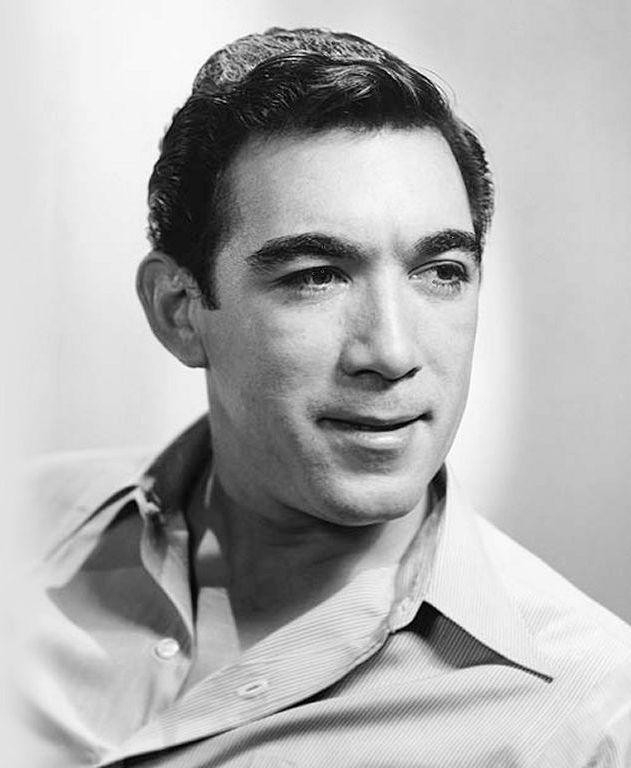
 Amanda S. Stevenson
Amanda S. Stevenson 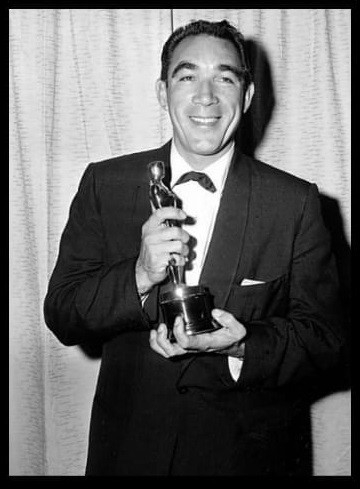
 Amanda S. Stevenson
Amanda S. Stevenson 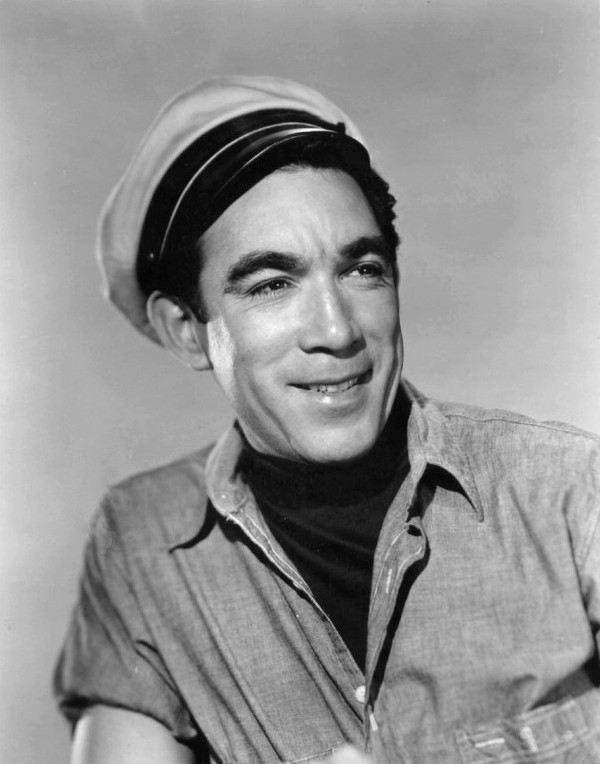
 Amanda S. Stevenson
Amanda S. Stevenson 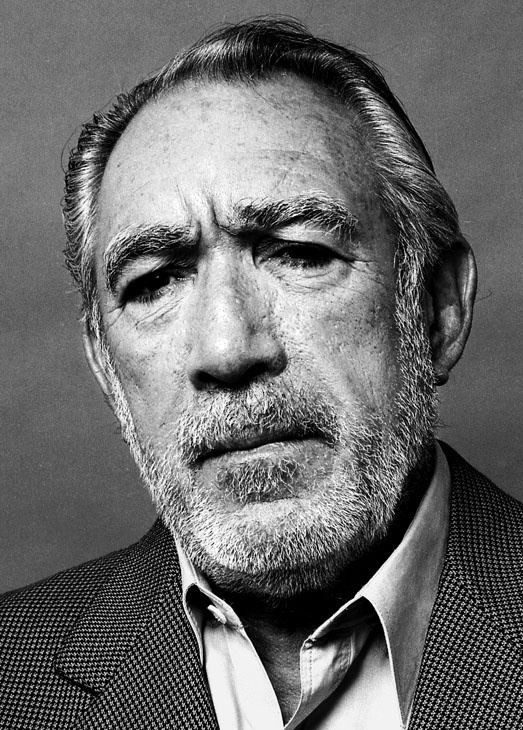
 Amanda S. Stevenson
Amanda S. Stevenson 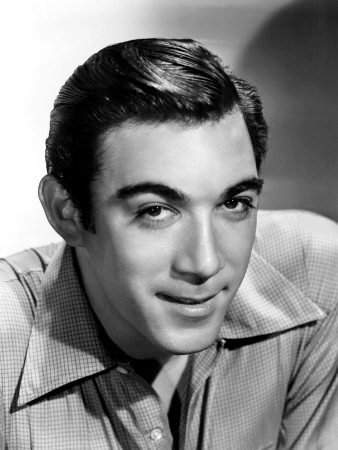
 Amanda S. Stevenson
Amanda S. Stevenson 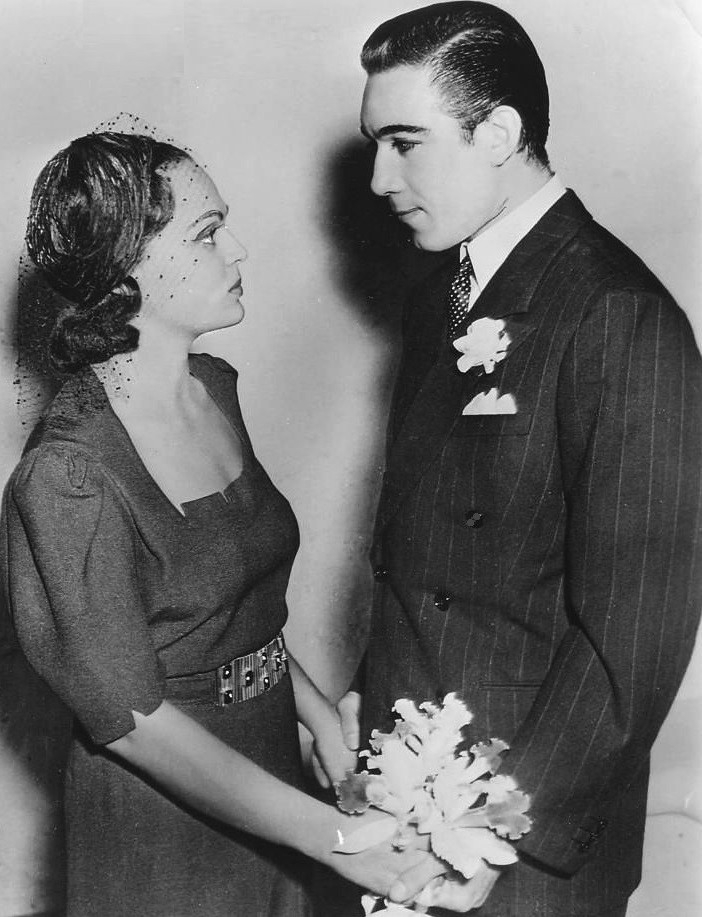
 Amanda S. Stevenson
Amanda S. Stevenson 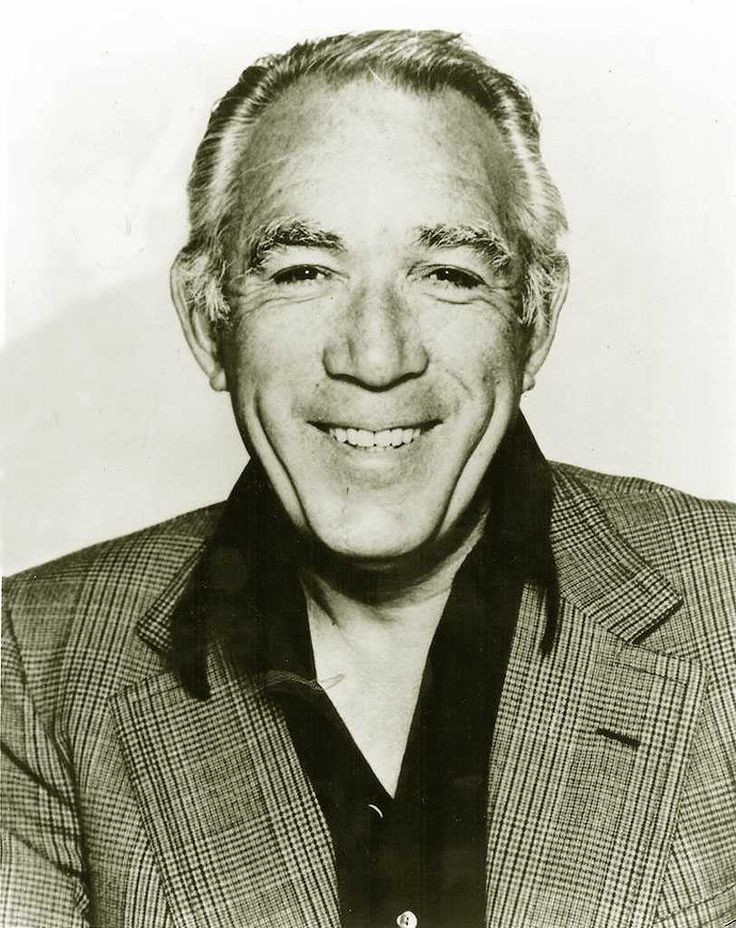
 Amanda S. Stevenson
Amanda S. Stevenson  Amanda S. Stevenson
Amanda S. Stevenson 